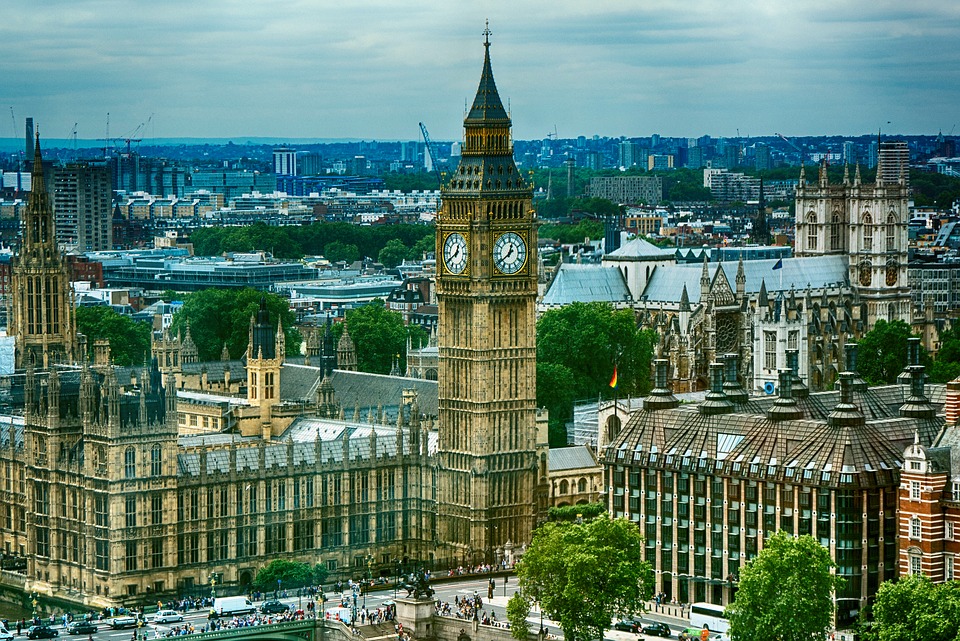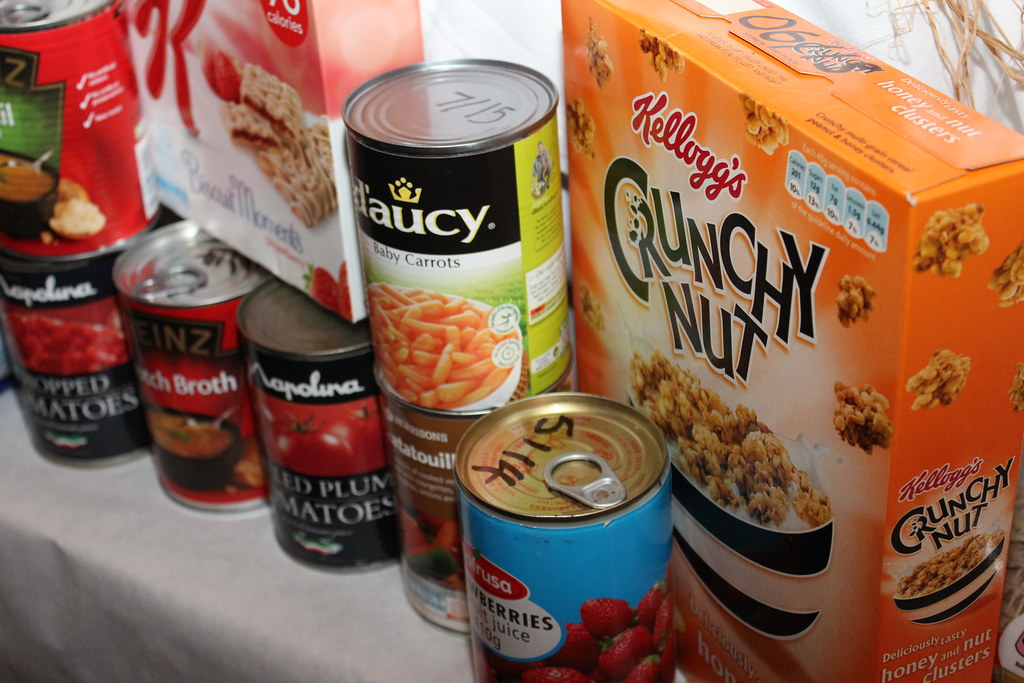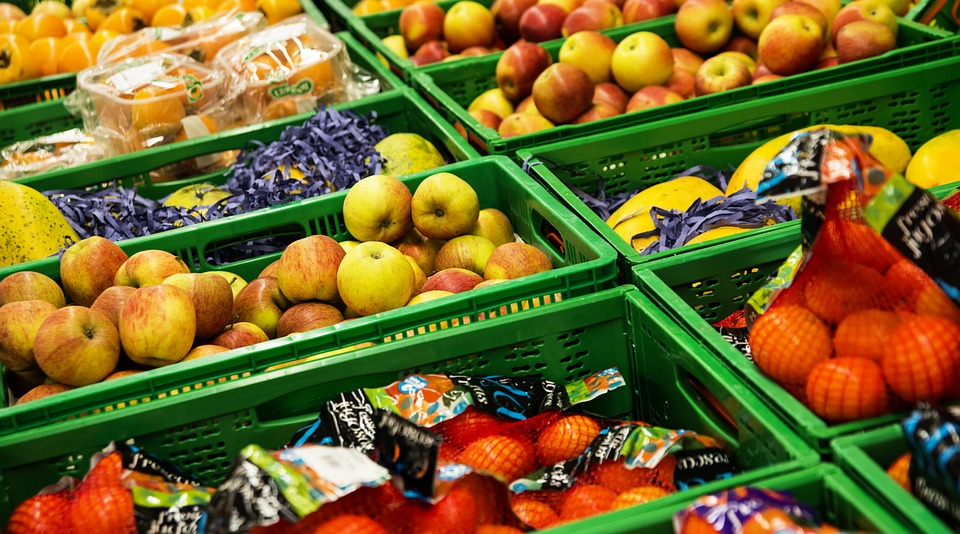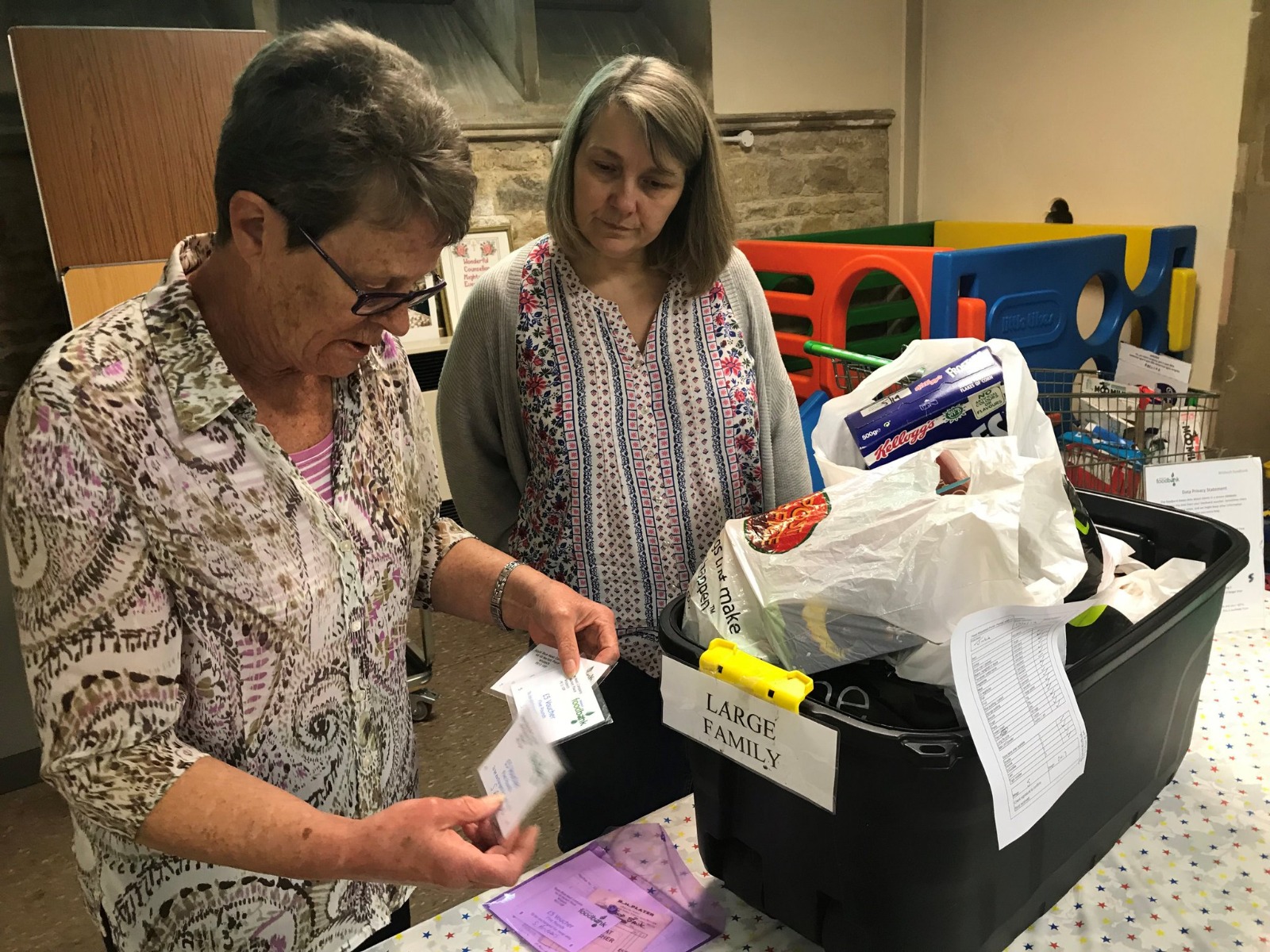With weeks left until the 31 October deadline, the government appears to be shirking its responsibility to protect the country’s most vulnerable from the fall out of a no-deal Brexit. This shows why we need to enshrine the right to food in law now more than ever, writes Imogen Richmond-Bishop of the charity Sustain.
There have been a flurry of documents and statements released in recent weeks that reveal that our government feels no responsibility for securing our food supplies in an emergency – from fire to flood, and from disease epidemic to a no-deal Brexit.
Last week, the government was forced to publish its secret “reasonable worst case planning assumptions” for what could happen if we leave the European Union on Halloween without a deal.
The five-page document, code-named Operation Yellowhammer, acknowledged there would be a reduction in the availability and choice of food products, as well as price increases “which could impact vulnerable groups.”
So What Is The Government’s Position?

Image credit: Pixabay
[The Department for the Environment Food and Rural Affairs] is not responsible for the supply of food and drink to the population in an emergency, and the expertise, capability and levers to plan for and respond to food supply disruption lie within the industry.
Those were the words of environment minister Zac Goldsmith in response to a parliamentary question from Green Party MP Caroline Lucas a few weeks ago.
Instead, the government places the responsibility for securing our food supply in an emergency squarely on the commercial food industry.
This seems odd when the Yellowhammer document states: “Private sector companies’ behaviour will be governed by commercial considerations, unless influenced otherwise.”
Equally concerning is the government’s refusal to disclose information about possible food disruptions in the event of no-deal. In response to a request submitted by Lucas under the Freedom of Information Act, Defra said its negotiating position with the EU would be weakened.
A report we published at Sustain earlier in the month shows this could mean around 9,000 frontline charities who provide food to vulnerable people could have to fork out around £5 million every month to replace lost donations in the event of no-deal.
In response, a government spokeswoman told EachOther that the UK already has a highly resilient food-supply and it is meeting with the food industry to prepare for a no-deal scenario.
In a food crisis, it looks like we could not to rely on the government for protection.
Food Poverty And A No-Deal Brexit

Image credit: Flickr / Bromford Group
An estimated 8.4 million people across the UK experience household food insecurity, according to a report by Food Foundation. This means they have limited or insecure access to decent food.
Whilst every person’s situation is unique, household food insecurity in the UK is not currently due to a physical lack of food in the country. Instead, it is often due to low paid jobs, rising living costs, insecure and inadequate social security payments.
Household food insecurity can go on to have long-term impacts on health and wellbeing. Malnourished people see their GP twice as often, have three times the number of hospital admissions, and, on average, people in deprived neighbourhoods live seven years less than people in wealthier areas.
HM Treasury has admitted “low-income groups will be disproportionately affected by any price rises in food and fuel” caused by a no-deal Brexit.
The Welsh First Minster has just pledged £2 million to food banks in event of no-deal Brexit, and the Scottish government is taking a range of actions in order to mitigate the effects of no-deal on the Scottish population.
And it is not just potential food shortages, disruptions, or food price rises caused by a no-deal Brexit we need to worry about. The groups Sustain is working with have also raised concerns about how price rises will not only cause an increase in demand for their services, but will also cause a decrease in donations.
Right to Food

Image credit: Pixabay / nadinheli22
This lack of legal responsibility in securing our food supply is not only shocking, it shows a serious gap that could represent a real danger. This is especially true for the most vulnerable and those who rely on the state for their meals, such as patients in hospitals, schoolchildren, and prisoners.
Successive governments have signed a series of covenants, declarations, and conventions over the decades, as well as making endless pledges on the global stage to uphold the right to food in order to end hunger. Yet we have seen little progress domestically.
What we need now is for all of our human rights to be brought home in order to underline the concern our government should have for ensuring its citizens’ dignity, and a recognition of the universal right to a decent standard of living.
We need our government to start allocating legal responsibilities to ensure everyone has a right to food. In turn, these would enable the resources and accountability that are needed.
There is growing momentum for the right to food to be incorporated. Both the Co-Operative Party and the Liberal Democrats are supporting this call, as are many civil society groups and experts from around the country.
And, indeed, it can be done! Many governments around the world are taking positive steps towards the progressive realisation of the right to food, thereby committing to ensure healthy food is an entitlement, rather than a luxury.
To learn more, read Sustain’s new briefing Food for Vulnerable People in a No-Deal Brexit, which contains data on the scale of need, and an update on progress (or lack of it) from the government with regards to starting a hardship fund to ensure everyone gets the food they need in a no-deal food crisis.







